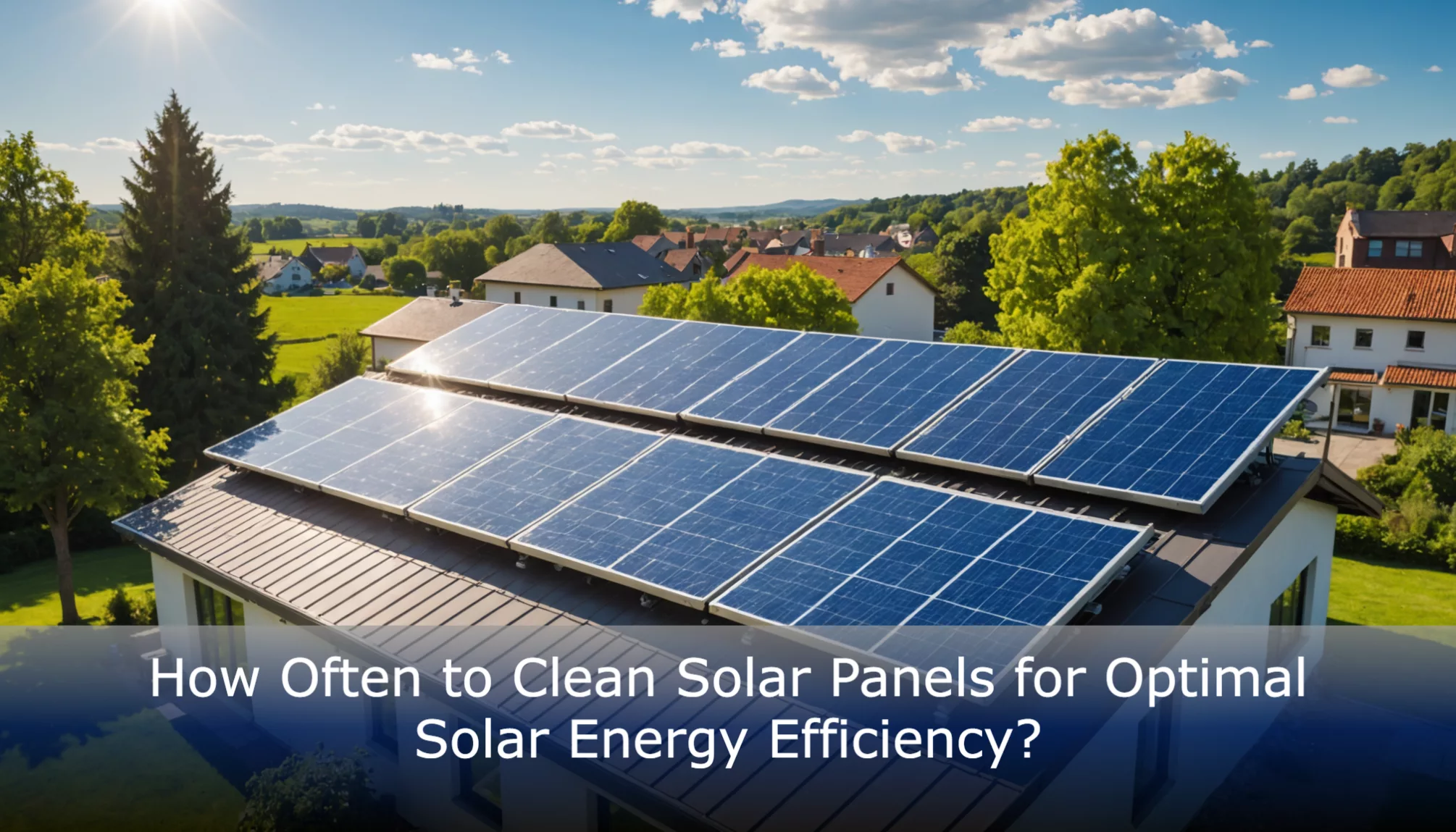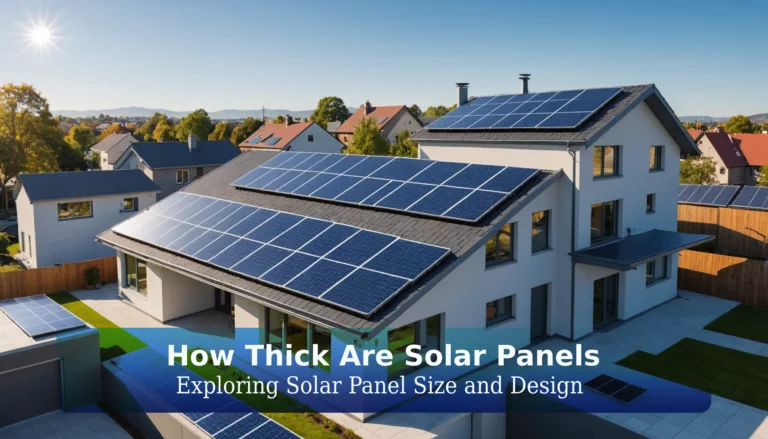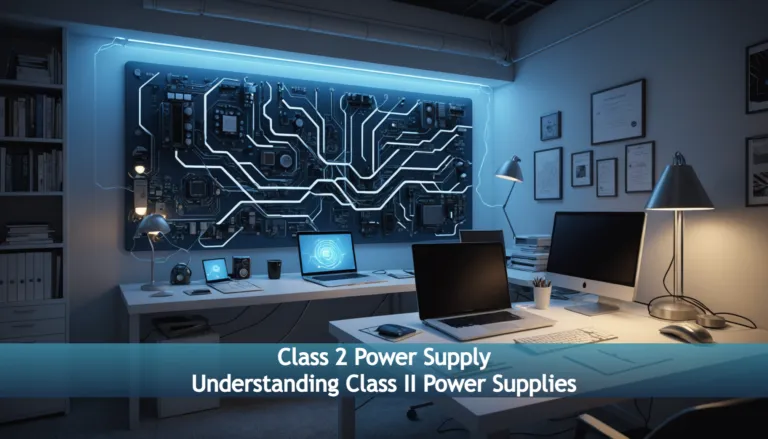How Often to Clean Solar Panels for Optimal Solar Energy Efficiency?
When it comes to clean solar panels how often, many homeowners may not realize how crucial this task is for keeping their energy production at its peak. Dirty solar panels can face a significant drop in performance—up to 30-50%! Keeping your panels clean isn’t just about looks; it’s a key step in ensuring your solar system runs efficiently. If ignored, dirt, debris, and bird droppings can cause real damage, leading to higher energy bills and wasted potential.
In this guide, we’ll explore the best practices for maintaining your solar panels, including how often you should clean them, the factors that affect cleaning frequency, and the impact of weather on their cleanliness. Plus, you’ll discover simple DIY cleaning methods that can help boost your energy output. Ready to harness the power of the sun? Let’s dive in and find out how to keep your solar panels shining bright!
How Often to Clean Solar Panels for Best Performance
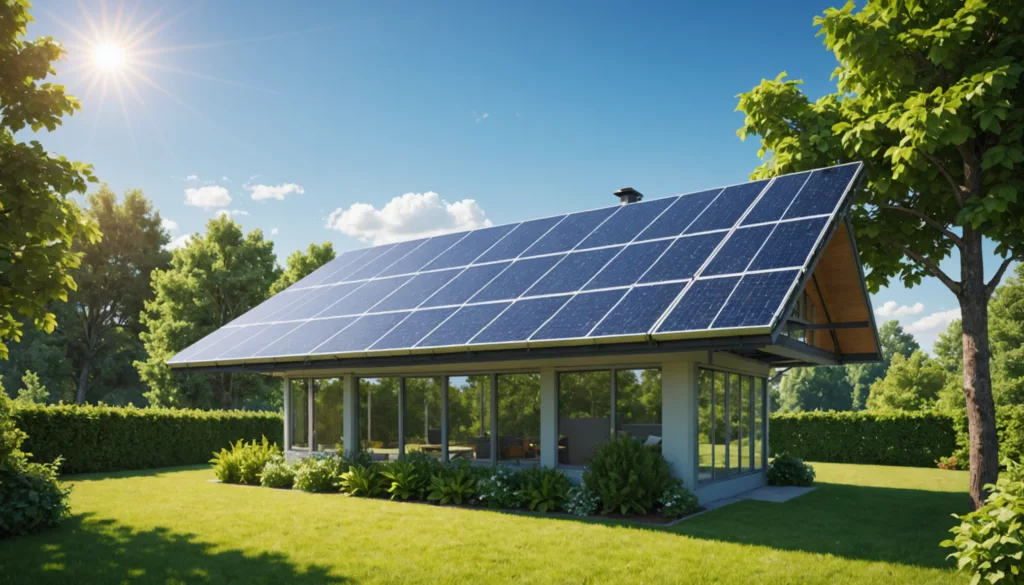
Keeping solar panels clean is essential for their optimal performance. Most experts recommend cleaning solar panels at least twice a year. However, panels in areas with heavy dust, bird droppings, or pollution might need cleaning every 6 months or even quarterly. Regular cleanings help ensure that solar panels remain efficient and generate energy effectively (source: Natures Generator).
Factors That Affect How Often to Clean Solar Panels
The frequency of cleaning solar panels depends on several factors:
- Environmental Conditions: Areas with high air pollution or dust will require more frequent cleanings. For example, panels near busy roads or industrial sites accumulate dirt faster.
- Weather Patterns: Regions with frequent rain may benefit from natural cleaning, as rain can wash away some dirt and debris, reducing the need for manual cleaning.
- Proximity to Trees: Panels located near trees can collect leaves and sap, which necessitates more regular cleaning.
The angle of the panels also affects dirt accumulation. Tilted panels tend to shed dirt more easily than flat-mounted panels (Sunnova).
Maintenance Tips to Keep Solar Panels Clean
To maintain solar panels effectively, follow these tips:
- Visual Inspection: Regularly check the panels for dirt, bird droppings, or debris to determine when cleaning is needed.
- Safe Cleaning Practices: Use a soft brush or a garden hose with a gentle spray. Avoid harsh chemicals or abrasive materials that may damage the panel surface (GreenLancer).
- Consider Professional Services: If panels are hard to reach or heavily soiled, hiring a professional cleaning service is advisable. Professionals possess the right tools and knowledge to clean effectively without causing damage (Peak Solar Pro).
How Rain Impacts the Need to Clean Your Solar Panels
Rain can help keep solar panels cleaner by washing away dust and pollen. This natural process can lessen the frequency of manual cleaning in areas with regular rainfall.
However, rain may not eliminate all types of debris. Bird droppings and sticky substances might still require additional cleaning. Therefore, while rain can assist, it should not be relied upon solely for cleaning. Regular inspections are crucial to ensure optimal performance and energy production.
To maintain efficiency, regular cleaning should be a part of a solar panel maintenance routine. Understanding the factors that influence cleaning frequency, implementing maintenance tips, and acknowledging the role of rain can help homeowners keep their solar systems operating effectively.
Signs That Solar Panels Need Cleaning
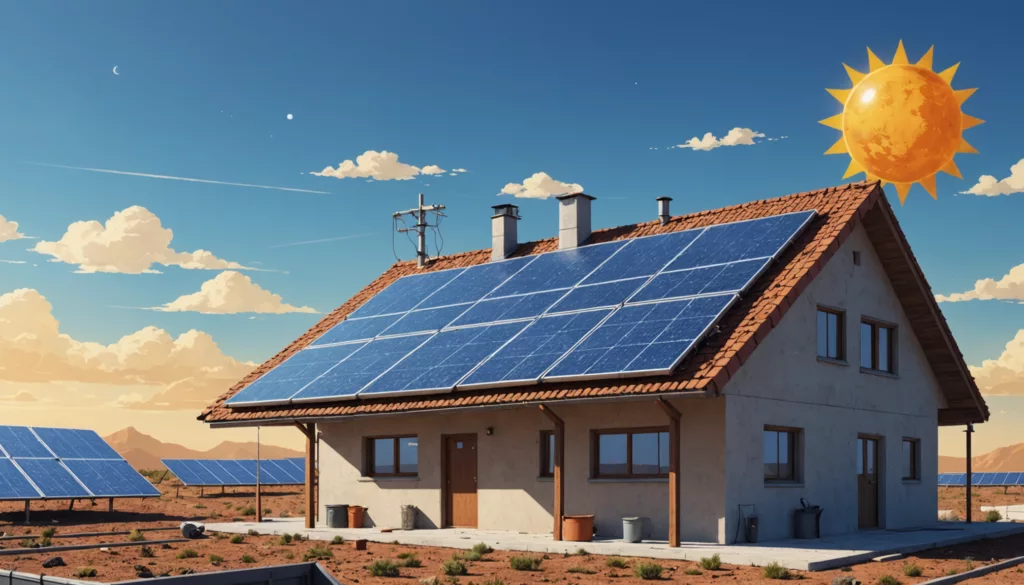
Recognizing Declines in Solar Energy Efficiency
Solar panels convert sunlight into electricity. If the energy output drops significantly, it may indicate a problem. Regularly monitoring energy production is essential. A drop of 30-50% in output suggests dirt buildup on the panels. Dirt blocks sunlight, reducing efficiency. Homeowners can quickly check energy production to identify issues. If the output decreases, inspecting the panels for cleanliness is a wise first step to restore optimal function.
Common Indicators Your Panels Need Cleaning
Several clear signs indicate that solar panels require cleaning:
- Visible Dirt and Debris: A layer of dust, leaves, or bird droppings on the surface requires attention. This buildup prevents sunlight from effectively reaching the solar cells.
- Performance Monitoring: Regularly check energy output. A noticeable drop in production often means that dirt is affecting panel performance.
- Environmental Factors: High pollen counts or frequent dust storms can significantly contribute to dirt accumulation. In such locations, cleaning becomes even more crucial.
Recognizing these signs early helps maintain solar energy production and keeps the system running efficiently.
Frequency of Cleaning Solar Panels Based on Location
The frequency of cleaning solar panels varies by location and environmental conditions. Here’s a breakdown based on different settings:
- Urban Areas: Higher pollution levels may necessitate cleaning up to four times a year.
- Rural Areas: Dust from agricultural activities can settle on panels. Cleaning might be necessary three to four times a year to maintain efficient performance.
- Coastal Areas: Salt from the ocean can accumulate. Regular cleaning, at least three times a year, helps prevent potential damage from salt buildup.
In regions with frequent rainfall, panels often stay cleaner naturally. In such cases, cleaning may only be required once or twice a year. Overall, weather conditions and specific environmental factors play a crucial role in determining how often to clean solar panels.
References
- Sunnova Blog – How to Clean Solar Panels
- Lux Solar Pro – Solar Panel Cleaning
- EcoFlow Blog – How to Clean Solar Panels in the UK
Methods for Cleaning Solar Panels Effectively
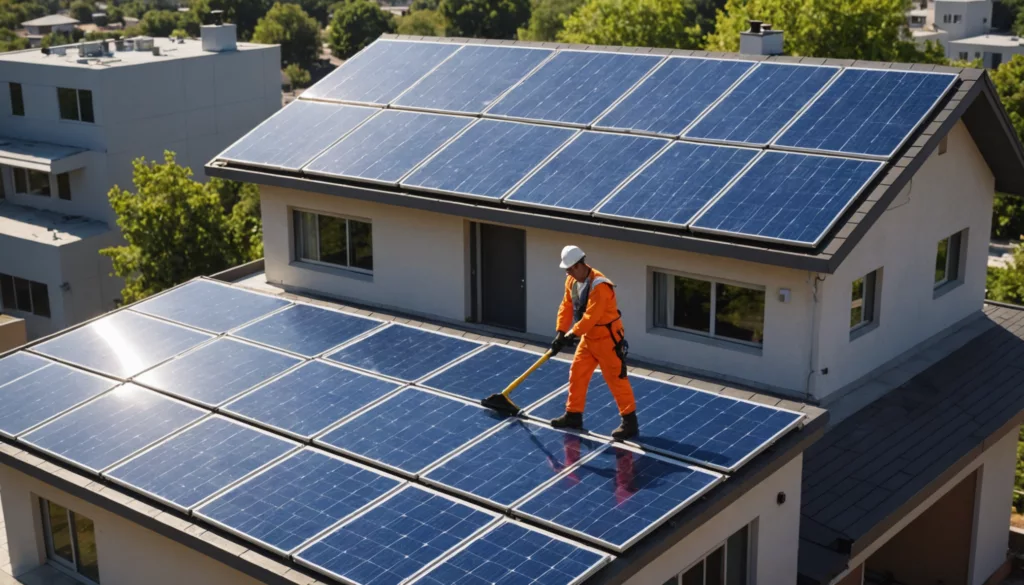
Best Practices for Solar Panel Cleaning
Cleaning solar panels is essential for maintaining their efficiency. Here are some best practices to follow:
- Use Soft Brushes or Sponges: Always use soft brushes or sponges when cleaning. Abrasive tools can scratch the panels, reducing their ability to capture sunlight. Choose a soft-bristled brush or sponge for a gentle touch.
- Clean with Water: Utilize water for cleaning. Distilled water is ideal since it doesn’t leave mineral deposits. A mixture of water and mild soap effectively removes stubborn grime without harming the panels.
- Optimal Timing for Cleaning: Clean solar panels during cooler parts of the day, such as early morning or late afternoon. This practice helps prevent heat stress on the panels that can occur in direct sunlight.
Tools and Solutions for Cleaning Solar Panels
Using the right tools makes cleaning easier and more effective. Here are some recommended tools and solutions:
- Cleaning Kits: Many manufacturers provide specialized cleaning kits. These kits typically include soft brushes and eco-friendly cleaning solutions designed specifically for solar panels.
- DIY Cleaning Solutions: A simple mixture of warm water and mild soap works well. Homeowners can mix these ingredients in a bucket and apply them with a soft cloth or sponge.
- Extendable Brushes: For hard-to-reach panels, long-handled brushes are very useful. They allow homeowners to clean without climbing onto roofs, ensuring safety while accessing all areas of the solar panel system.
Using proper tools helps maintain cleanliness without damaging the solar panel system.
DIY vs. Professional Solar Panel Cleaning Services
Choosing between DIY cleaning and hiring a professional service depends on various factors:
- DIY Cleaning: Homeowners can effectively manage minor dirt and grime themselves. This approach saves money and allows for regular maintenance. With the right tools and safety precautions, cleaning panels can be safe and rewarding.
- Professional Services: Professional cleaning is recommended for extensive cleaning, especially if the panels are difficult to reach. Professionals possess the expertise and equipment to clean thoroughly without causing damage. They can also spot potential issues during the cleaning process.
Expert Recommendations on Solar Panel Maintenance
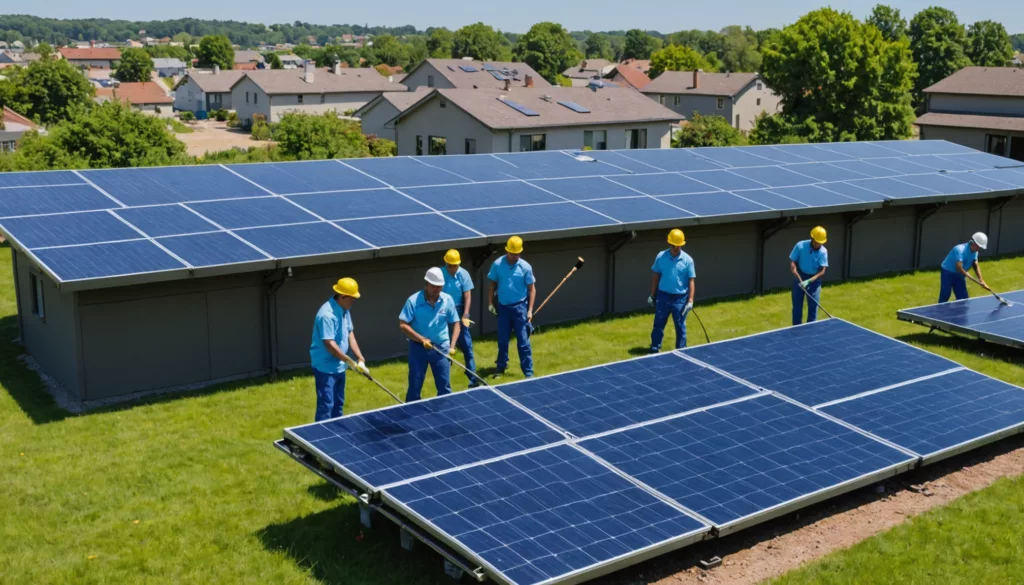
Maintaining solar panels is vital for their performance and lifespan. Experts offer tailored advice for different panel types, long-term maintenance strategies, and insights from research on performance over time.
Personalized Advice for Different Panel Types
Each type of solar panel requires a unique maintenance approach. Here are some recommendations:
- Monocrystalline Panels: Known for high efficiency, these panels need regular cleaning. It is best to clean them at least twice a year. In areas with heavy dust or pollen, cleaning may be necessary up to four times a year. Use a soft brush or sponge with mild soap to remove dirt without causing damage. [GreenLancer]
- Polycrystalline Panels: These panels are slightly less efficient but still require regular cleaning to maintain performance. Clean them at least twice a year and watch for dirt buildup, especially in dusty areas, as it can lead to a drop in energy output.
- Thin-Film Panels: While these panels are less efficient and more affordable, they may collect dirt in different ways. Cleaning once a year is often sufficient, but regular inspections should be done to check for dirt buildup. If dust or debris is visible, a gentle cleaning with water and a cloth will help keep them efficient.
Long-Term Maintenance Strategies for Solar Panels
Implementing long-term maintenance strategies can extend the life of solar panels and improve their performance. Key strategies include:
- Regular Inspections: Homeowners should visually inspect solar panels at least twice a year. Look for dirt, debris, or physical damage. If energy output declines, cleaning may be required.
- Seasonal Adjustments: Adjust cleaning schedules based on the season. For example, clean panels after heavy winter snow melts or following a pollen-heavy season to enhance performance.
- Professional Cleaning Services: Hiring professionals can be beneficial, especially for hard-to-reach panels. Professionals use safe cleaning techniques that prevent damage, ideal for those uncomfortable with accessing roofs.
- Documentation of Maintenance: Keeping a record of cleaning dates and maintenance activities helps track the efficiency and condition of solar panels over time.
Research on Solar Panel Performance Over Time
Research underscores the need for regular maintenance of solar panels. Studies show that dirty panels can lose efficiency by 20% or more due to dirt buildup. Regular cleaning not only boosts performance but also extends the lifespan of the panels.
Additionally, the type of dirt affects efficiency. Common culprits like bird droppings, dust, and pollen block sunlight and reduce energy production. Panels that remain uncleaned for long periods may see energy output drop by 30-50%.
Understanding the Impact of Dirty Solar Panels
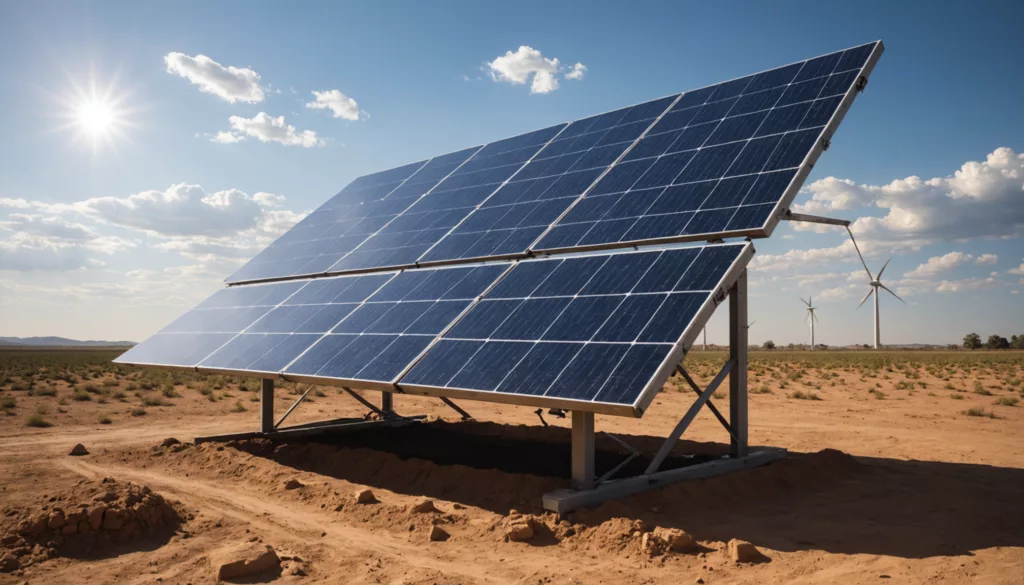
How Dirt and Grime Affect Solar Panel Efficiency
Dirt, dust, and debris can greatly affect solar panels’ performance. When panels are dirty, they cannot collect sunlight effectively, leading to less electricity production. For homeowners, keeping solar panels clean is essential for maximizing energy generation.
To maintain peak efficiency, regular performance checks are important. If there is a noticeable drop in energy output, it may indicate the need for cleaning. Regular monitoring helps determine when cleaning the panels is necessary.
Environmental Factors Leading to Dirty Solar Panels
Several environmental factors contribute to dirty solar panels, affecting how often they require cleaning:
- Local Climate: In dry climates, dust accumulates quickly. Coastal areas may experience salt spray, each requiring different cleaning approaches to combat the specific types of dirt on the panels (Nature’s Generator).
- Biological Factors: Urban and suburban regions often deal with dirt from bird droppings and pollen. Bird droppings can be particularly stubborn and harmful, potentially causing physical damage to the panels if not removed promptly (Lux Solar Pro).
- Pollution: High levels of air pollution contribute to grime buildup on solar panels. In cities with heavy traffic or industrial activity, more frequent cleaning may be necessary.
Conclusion
In summary, keeping your solar panels clean is essential for maximum energy production. Factors like dirt accumulation, the weather, and your location can all affect how often you need to clean your solar panels. Remember to look for signs that your panels need a scrub, such as a drop in performance or visible dirt and debris.
By following the right cleaning methods and maintenance tips, you can ensure your solar panel system stays efficient. Whether you choose to do it yourself or hire a professional, taking care of your panels is a good investment. Keep exploring ways to make your solar power experience even better, and enjoy the benefits of clean energy!
FAQs
1. How Do I Determine If My Solar Panels Are Dirty?
To figure out if solar panels need cleaning, homeowners should do a few quick checks. Start with a visual inspection of the panels. If dust, leaves, or bird droppings are visible, the panels likely require cleaning. Additionally, keep an eye on energy output. A noticeable drop in production may signal that dirt is affecting the efficiency of the solar panels. If energy output decreases by 30-50%, it is time to clean the panels for optimal performance.
2. Do Solar Panels Get Cleaned by Rain?
Rain can serve as a natural cleaning agent for solar panels. It washes away some dust and debris that collects on the surface. However, rain might not fully clean the panels. Stains from bird droppings or other stubborn grime can remain and may need manual cleaning. In regions with frequent rain, the need for manual cleaning may reduce, but homeowners should still check their panels for dirt accumulation.
3. How Much Does Professional Solar Panel Cleaning Cost?
The cost for professional solar panel cleaning varies greatly. Homeowners typically pay between $100 and $300 for services, depending on the size of the solar array and local market rates. Some companies offer discounts for regular maintenance contracts, which help save costs over time. Hiring a professional can ensure a thorough cleaning, especially for hard-to-reach areas or larger solar systems.

